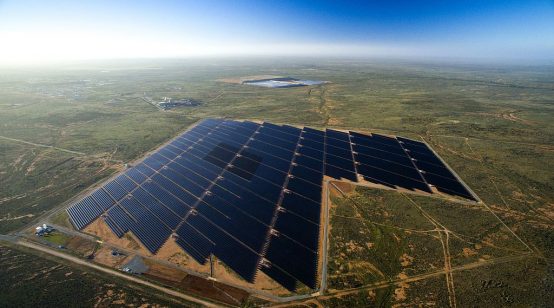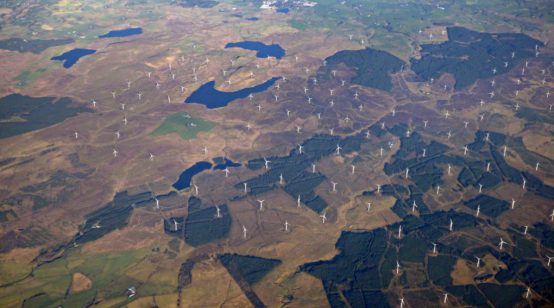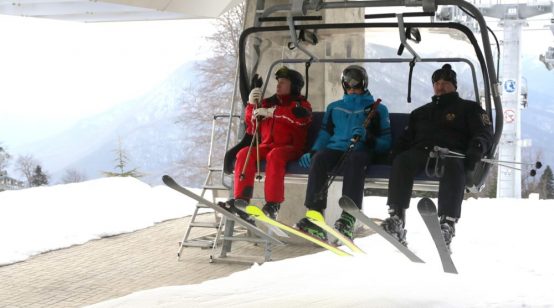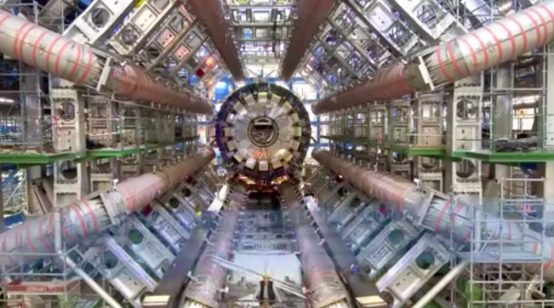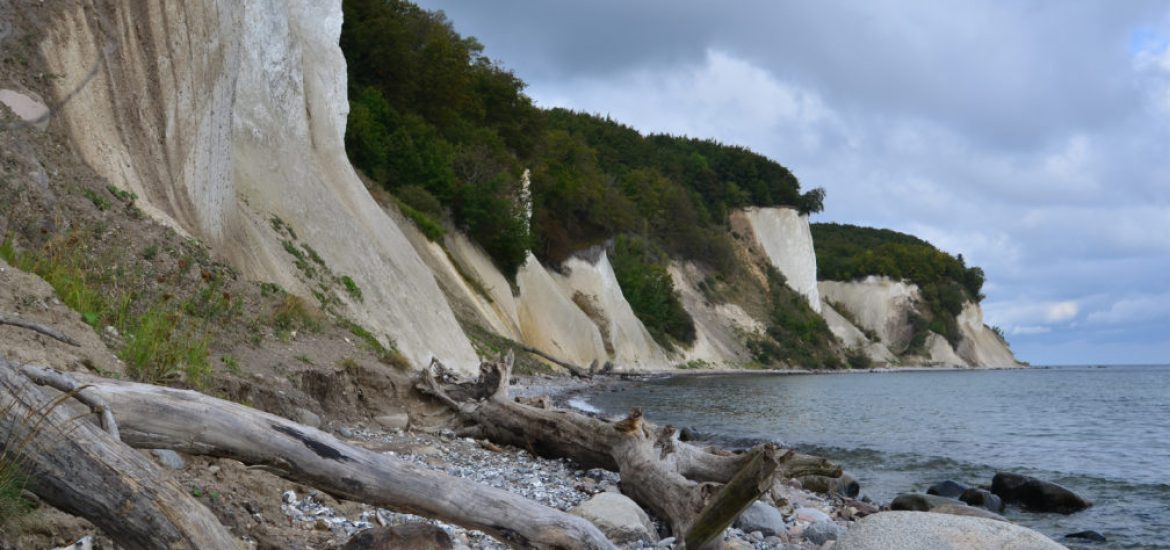
The Arkona offshore wind farm off Germany’s Baltic coast has supplied its first electricity into the national electricity grid.
The €1.2 billion, 385-megawatt project, operated by Eon in partnership with Norwegian oil and gas giant Equinor, when completed is set to deliver power to around 400,000 German homes.
Arkona, 35km northeast of the island of Rügen (pictured) in Germany, is projected to save up to 1.2 million tonnes of carbon dioxide annually compared to conventionally generated electricity. “First power in the Arkona wind project represents a milestone in the market of renewable energy and we are proud to participate together with Eon and the transmission system operator 50Hertz,” said Pål Coldevin, Equinor’s new energy development head. “Arkona is Equinor’s fourth wind farm coming online in Europe since 2012 and supplements the delivery of energy to Germany. It is yet another important contribution to Equinor’s ambitious strategy, where the company is developing from a focused oil and gas company to a broad energy major, building on our extensive offshore experience and more than 40 years as one of the largest energy providers in Europe.”
Equinor contributed its expertise in marine operations and structures, including corrosion protection.
The site’s offshore substation and all 60 foundations were installed ahead of schedule.
Eon and Equinor are aiming that all the 60 Siemens Gamesa wind turbines will be in operation by the end of 2018, along with the Arkona electrical offshore substation. Currently, 44 turbines are operating.
Equinor said it was increasingly looking at renewable energy, although the bulk of its business remains in fossil fuels.
“The transformation of the energy markets brings attractive business opportunities for Statoil,” said Elin Isaksen, Equinor spokeswoman, using the Norwegian firm’s previous name. “We are shifting from a focus on just oil and gas to a much broader focus on energy, and we believe a low-carbon footprint will make us more competitive.
“We are working to radically reduce our own emissions, grow significantly in renewables, change the way we run our business, embedding climate into our strategy and incentives,” Isaksen said.
“Oil and gas will remain key to providing the world with energy for many years, and must be produced and consumed with as few emissions as possible. We aim to find and produce new resources with ever-lower carbon emissions, and are already amongst the world’s most carbon-efficient oil and gas producers.”
The Baltic island of Rügen. Picture credit: Wikimedia

